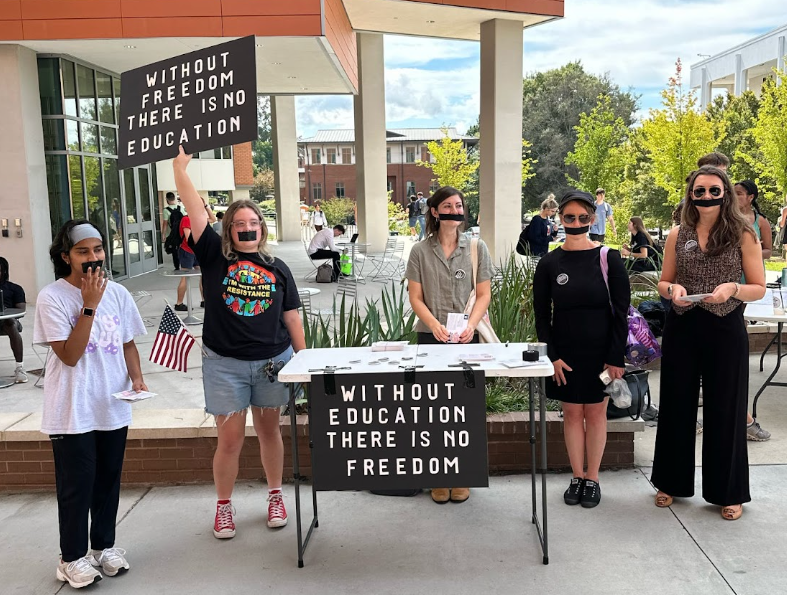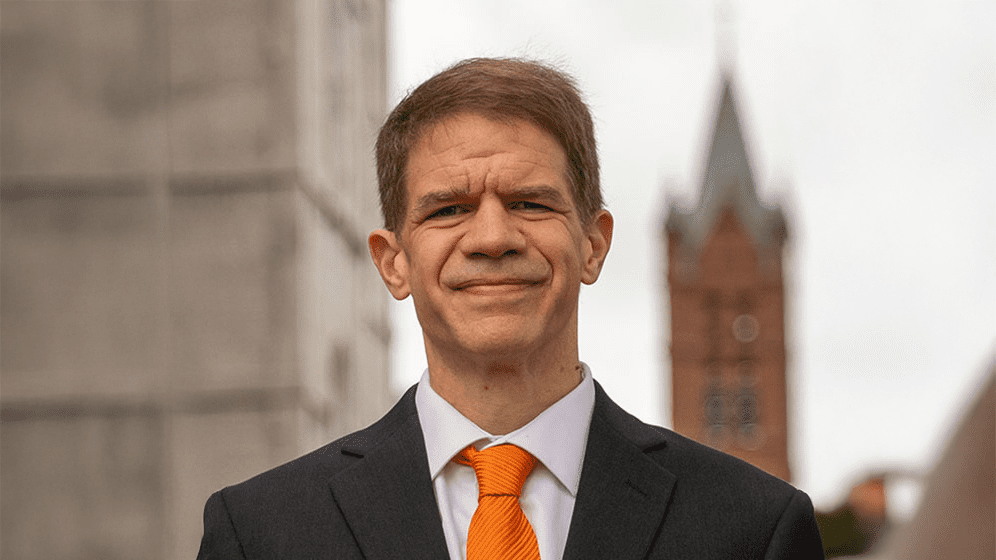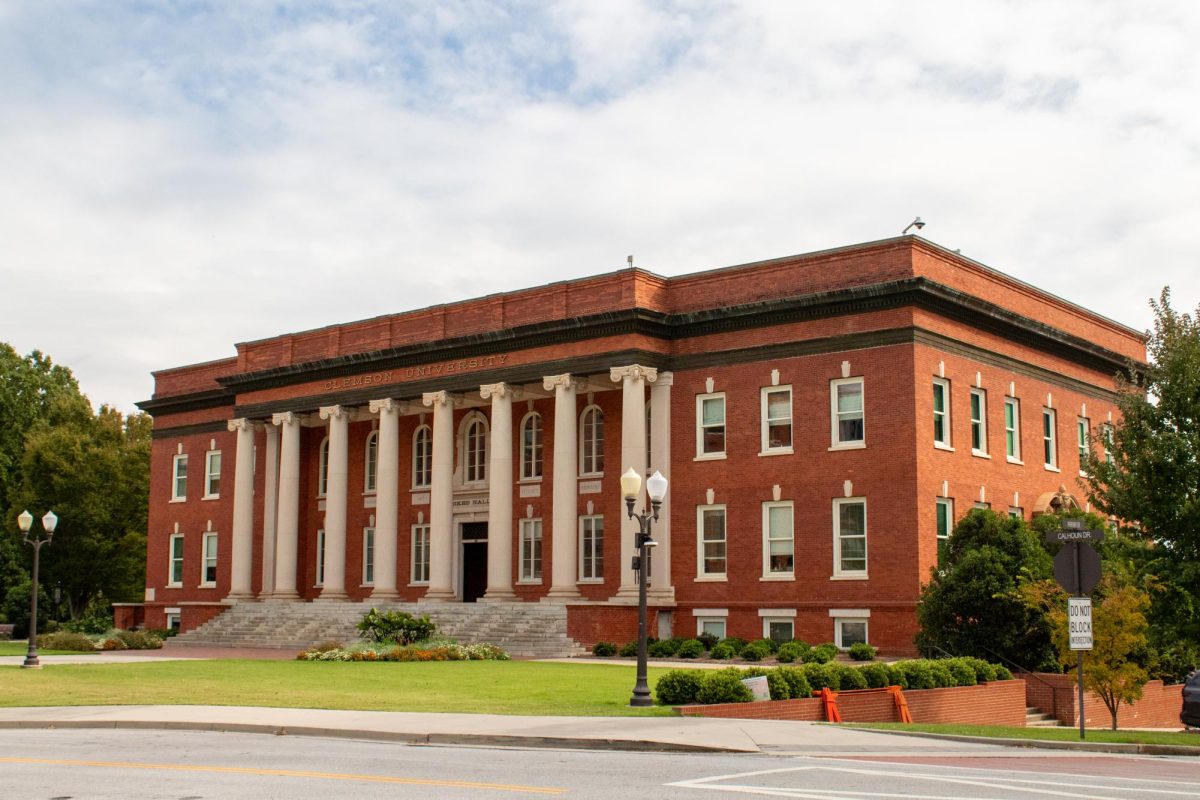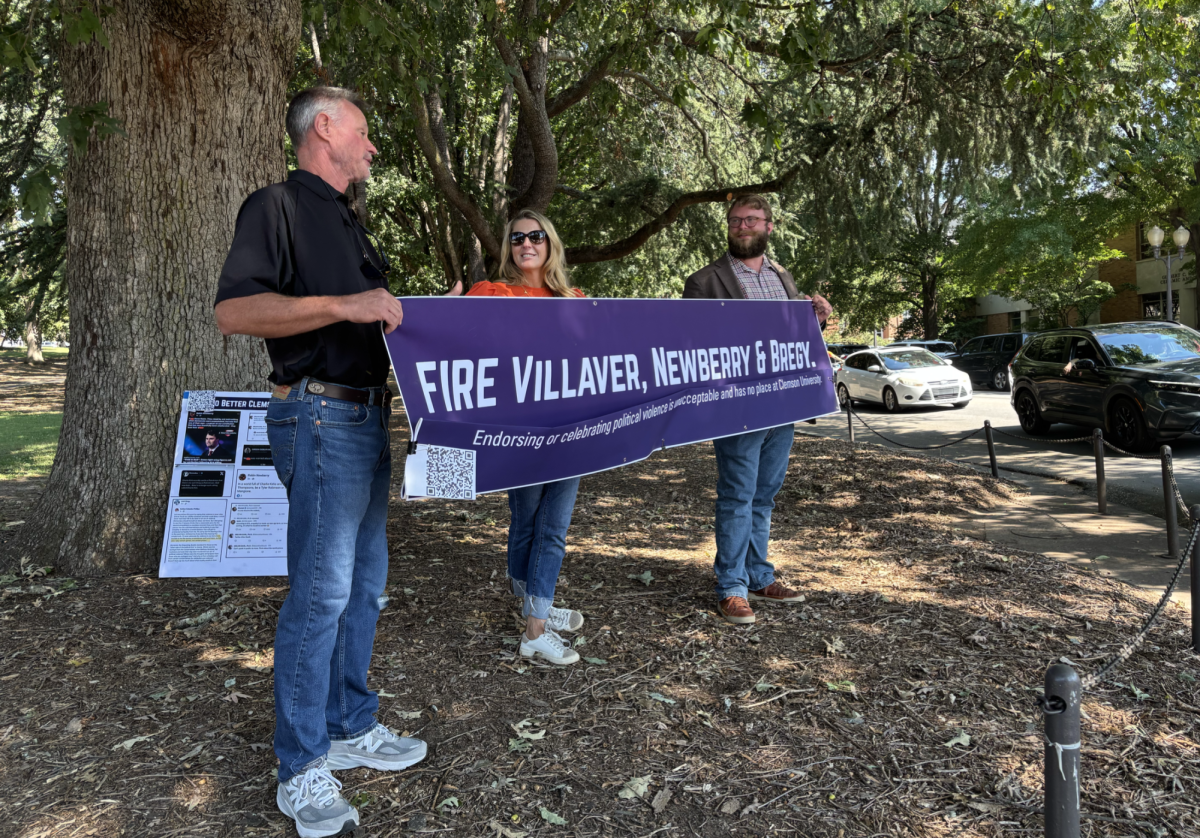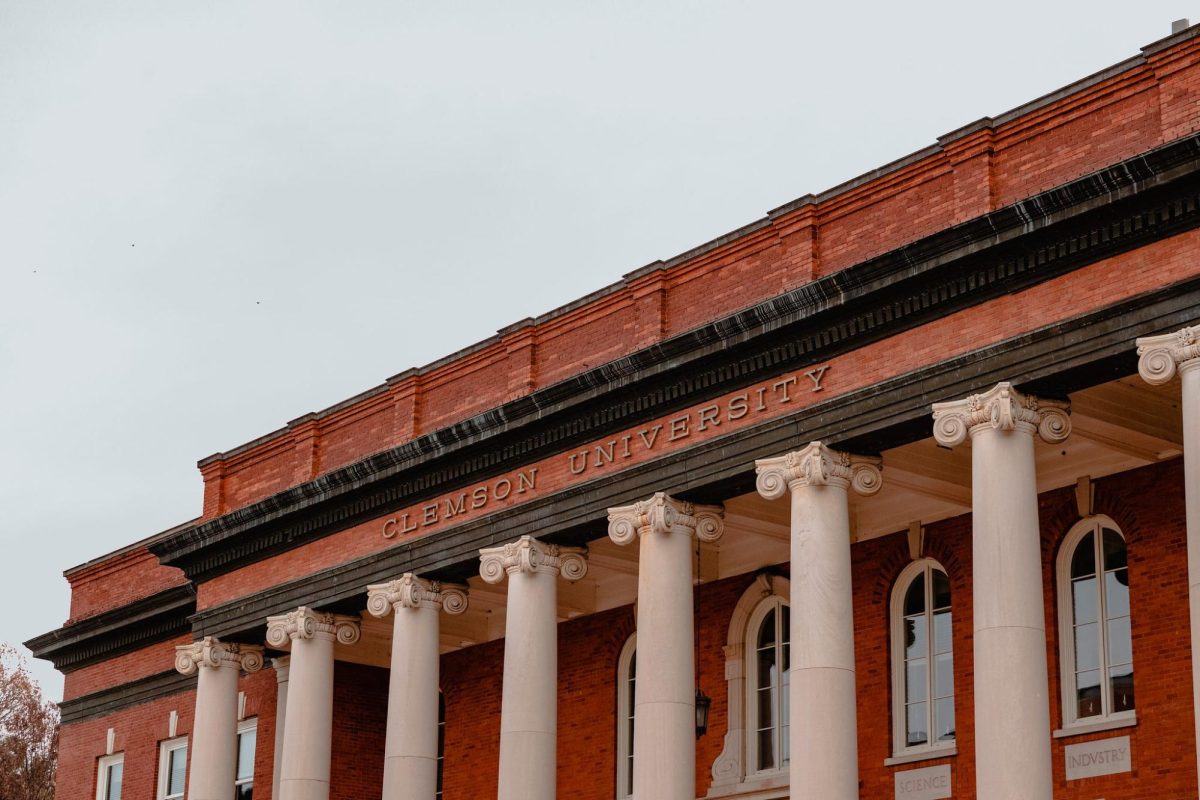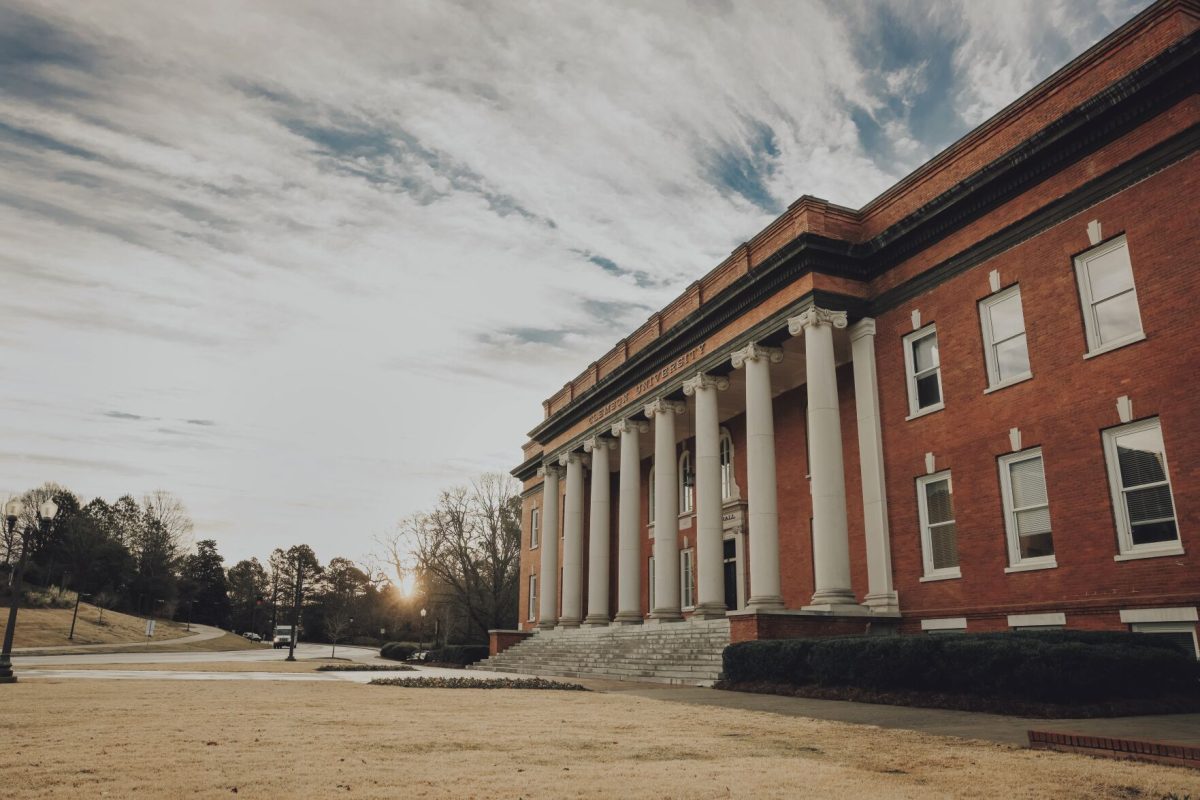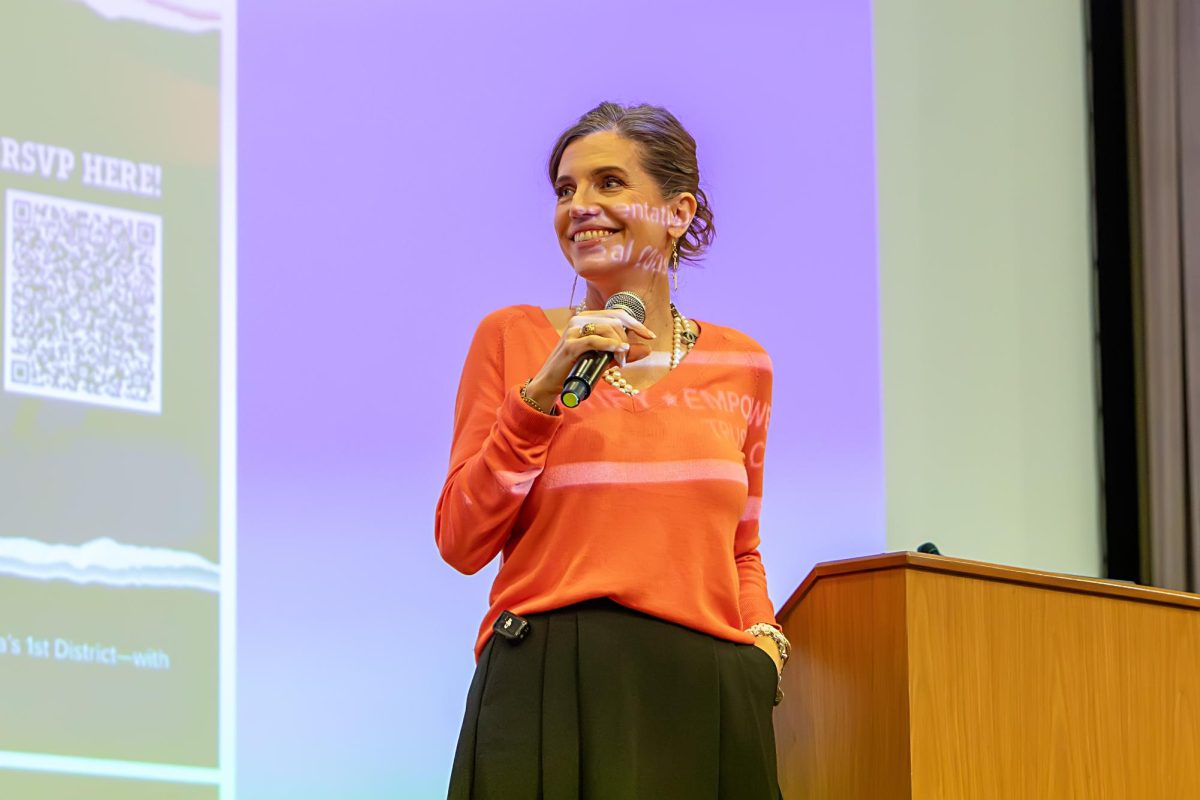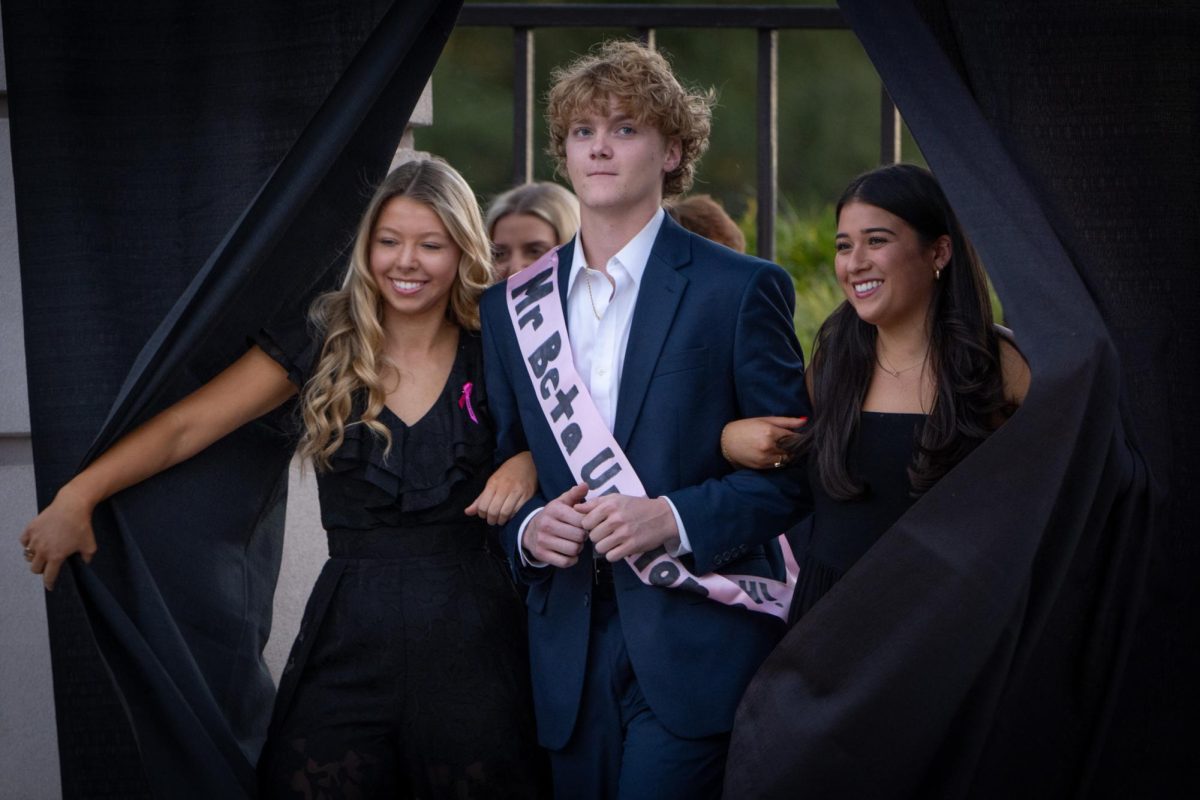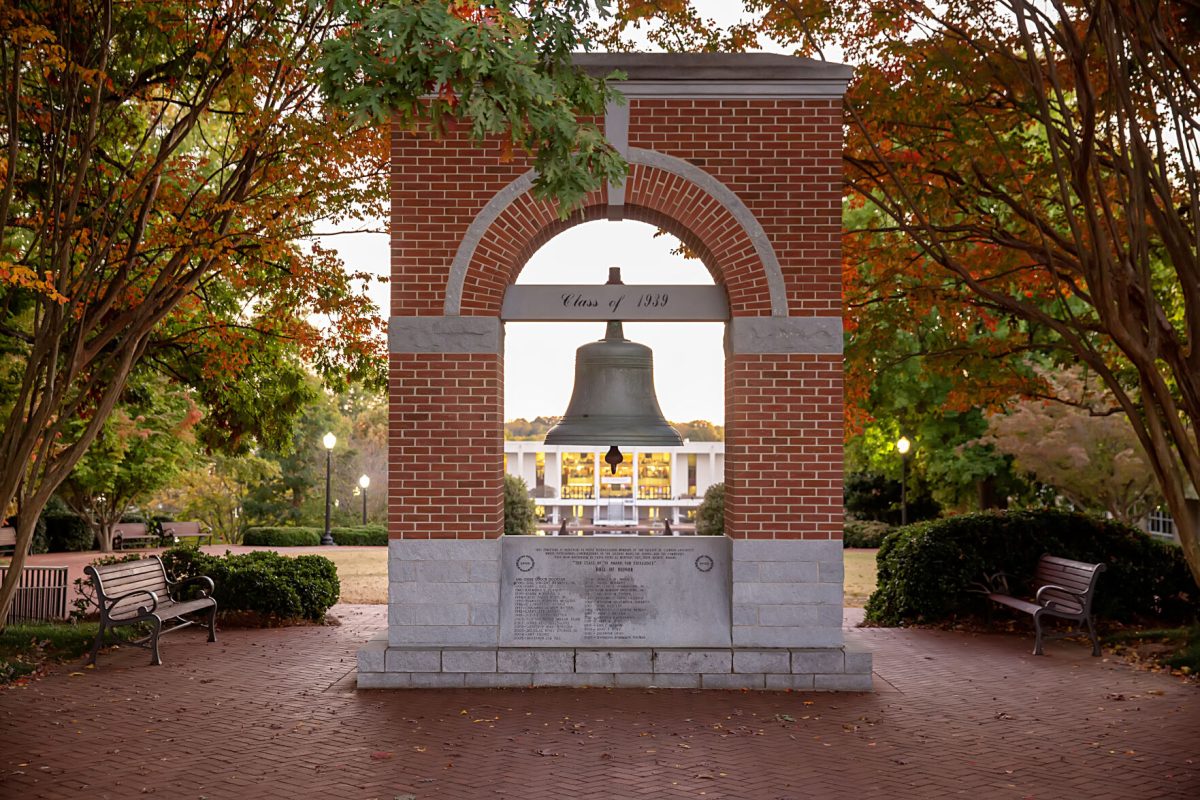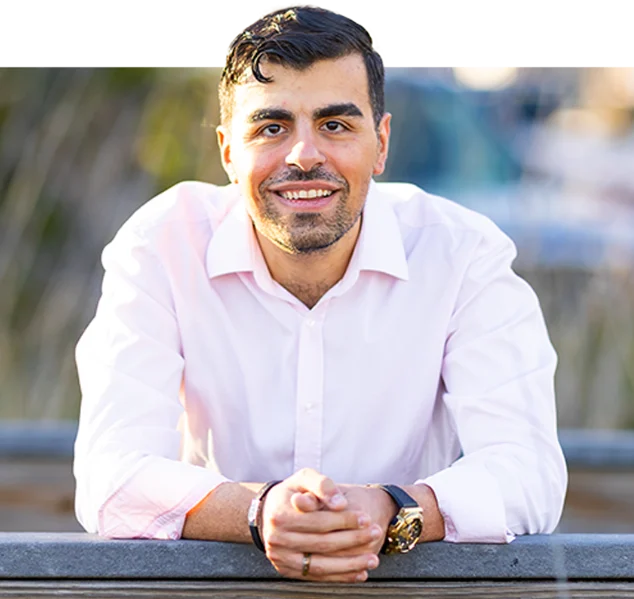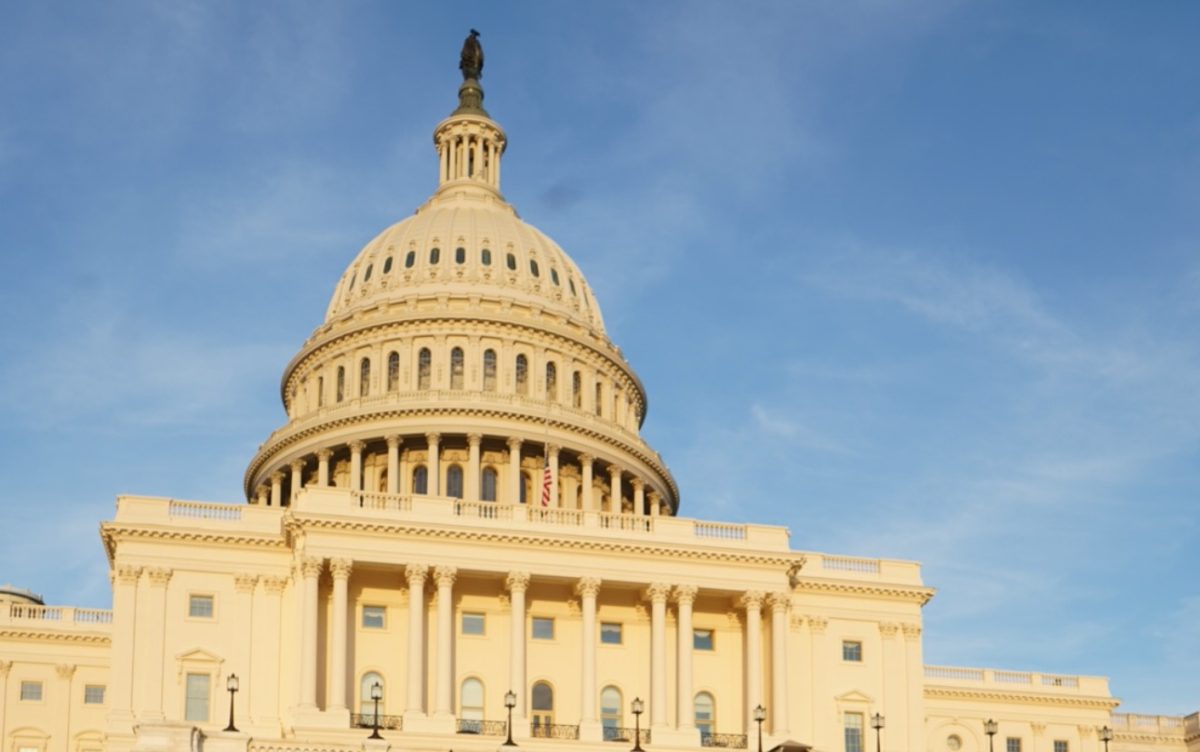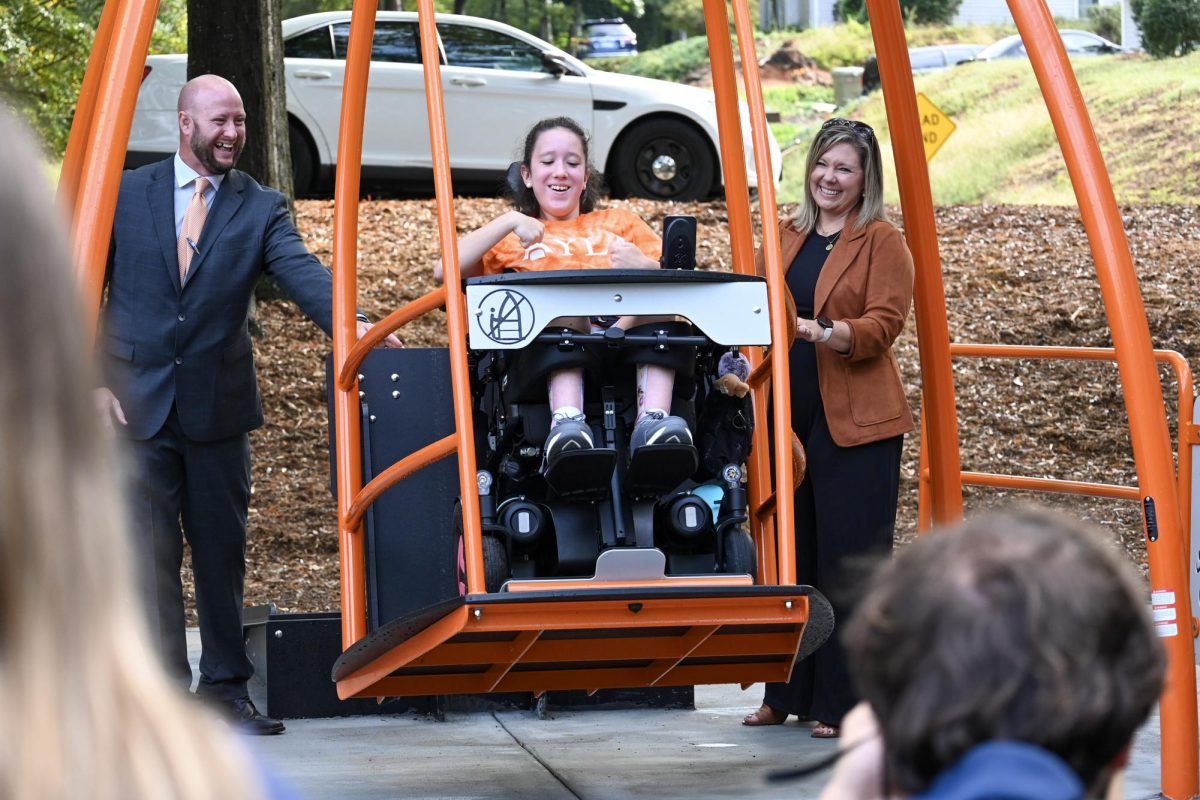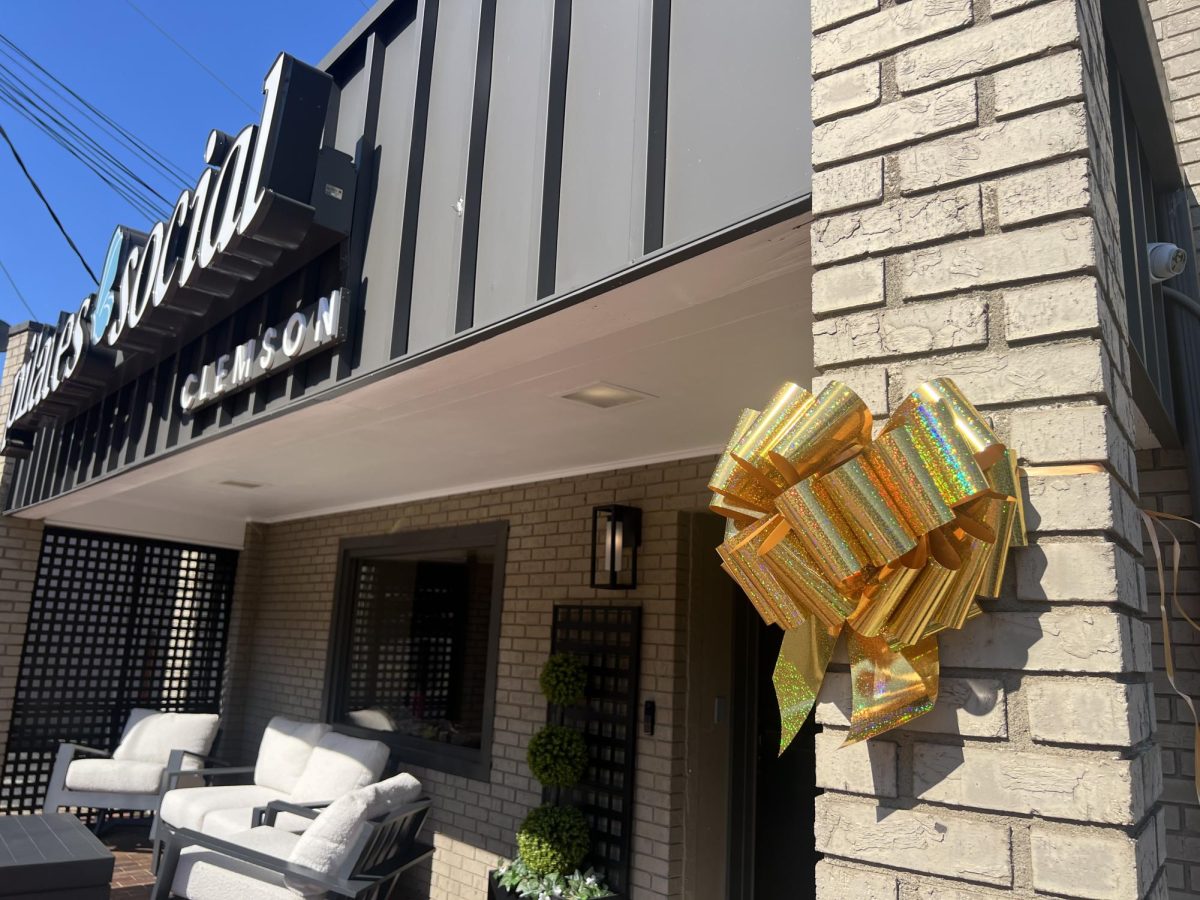Clemson students, faculty and community members participated in an on-campus, silent protest on Oct. 8 following the University’s firing of three faculty members.
Participants were stationed at various locations around campus with their mouths taped, along with signs that read, “Without education there is no freedom” and “free speech.” The tape was intended to symbolize a fear of being silenced by government policies and University actions.
Allison Curl, a senior biosystems engineering major at Clemson and the primary planner of the protest, told The Tiger that the goals of the protest were to spread awareness and stand up for the rights of staff and students.
“There are people who are upset about this; it’s not just a minority of people who are on social media advocating for firings,” Curl said. “There are people on the other side that are saying no to this, and are standing up against it.”
Curl would like to see the University reverse the faculty members’ dismissals, but noted that this might be “kind of unrealistic.” Ultimately, she wants the University to improve its commitment to free speech.
“These professors have the right to have free speech in private spaces, and they shouldn’t be fired for it,” Curl continued.
Joshua Bregy, one of the University faculty members who was fired for his social media remarks regarding Charlie Kirk’s death, is currently suing the University with the American Civil Liberties Union on the premise that his First Amendment rights were violated.
Jackson Heaberlin, Clemson College Republicans’ social chair, spoke with The Tiger regarding his concerns about the protest. After having conversations with individuals holding the silent protest, he determined that the protest “was a piece of partisan political activism.”
Heaberlin found it disappointing that the activists “chose to use this moment as an opportunity to make political headway.” He also noted that professors’ dismissal was “never a partisan issue,” and the rhetoric used “does not represent the student body.”
Jay Bender, a South Carolina state attorney, told The State that if Clemson was a private institution, it would have been within its rights to dismiss the faculty members. However, Clemson’s public status opens the University up to legal consequences.
On the other hand, South Carolina Attorney General Alan Wilson believes that the University had legal authority to “take corrective action” against the faculty members.
He noted that while the First Amendment protects free speech, “fighting words” — speech that could incite violence — are not protected.
“The First Amendment … does not shield threats, glorification of violence, or behavior that undermines the mission of our state institutions,” Wilson stated in a news release.
He also mentioned that his office will not prosecute Clemson for dismissing its employees, but that employee speech rights disputes belong in civil courts.
Ridgely Jackson, a senior horticulture major, also engaged in the protest.
“I believe a university worth its name should support its members’ rights to speak freely; Clemson should not bend to the whims of posturing politicians,” Jackson told The Tiger.
Jackson reserved a table for the day and staged the protest with the help of numerous other student groups as well as the Indivisible Clemson Area group.
Indivisible Clemson is a part of the larger Indivisible organization, which is a progressive political organization with grassroots groups across the nation. Its goal is to “elect progressive leaders, rebuild our democracy, and defeat the Trump agenda,” according to its website.
“We hope people will feel more comfortable talking about it, and we also want to be out here supporting the professors,” Matthew McDaniel, a University alumnus ‘11, said in an interview with The Tiger.
McDaniel believes that the decision to fire these staff members based on their words is unconstitutional.
“The legal precedents in the Supreme Court decisions like Rankin and others already decided this speech is protected and there’s been many cases where people have been fired in similar situations of this,” McDaniel continued. “They’ve been reinstated and won their lawsuits because of it.”
Thalia Kaplan, Clemson’s Turning Point USA chapter’s public relations chair, told The Tiger that political violence and those who support it do not belong at Clemson University.
She mentioned that Clemson TPUSA will continue to support the University’s decision to dismiss the individuals who “celebrated” Charlie Kirk’s death. To Kaplan, Clemson University “should be a place where all students can pursue their education free from hostility.”
Throughout the day of Oct. 8, protestors handed out flyers with information about the cause and discussed the issue with students and others passing by.
The flyers included the statements from each professor that was fired, along with why it was unconstitutional to fire them, why free speech matters in education and calls to action.
According to Jackson, the protest was a success. She wasn’t expecting the widespread support for the initiative from student organizations and faculty.
“We had tables all over campus with student groups, community groups, faith groups and even emeritus faculty,” Jackson said.
Curl also mentioned that the group is hosting a letter-writing campaign where students can express their feelings on the professors’ dismissals to University President Jim Clements and the Board of Trustees.



